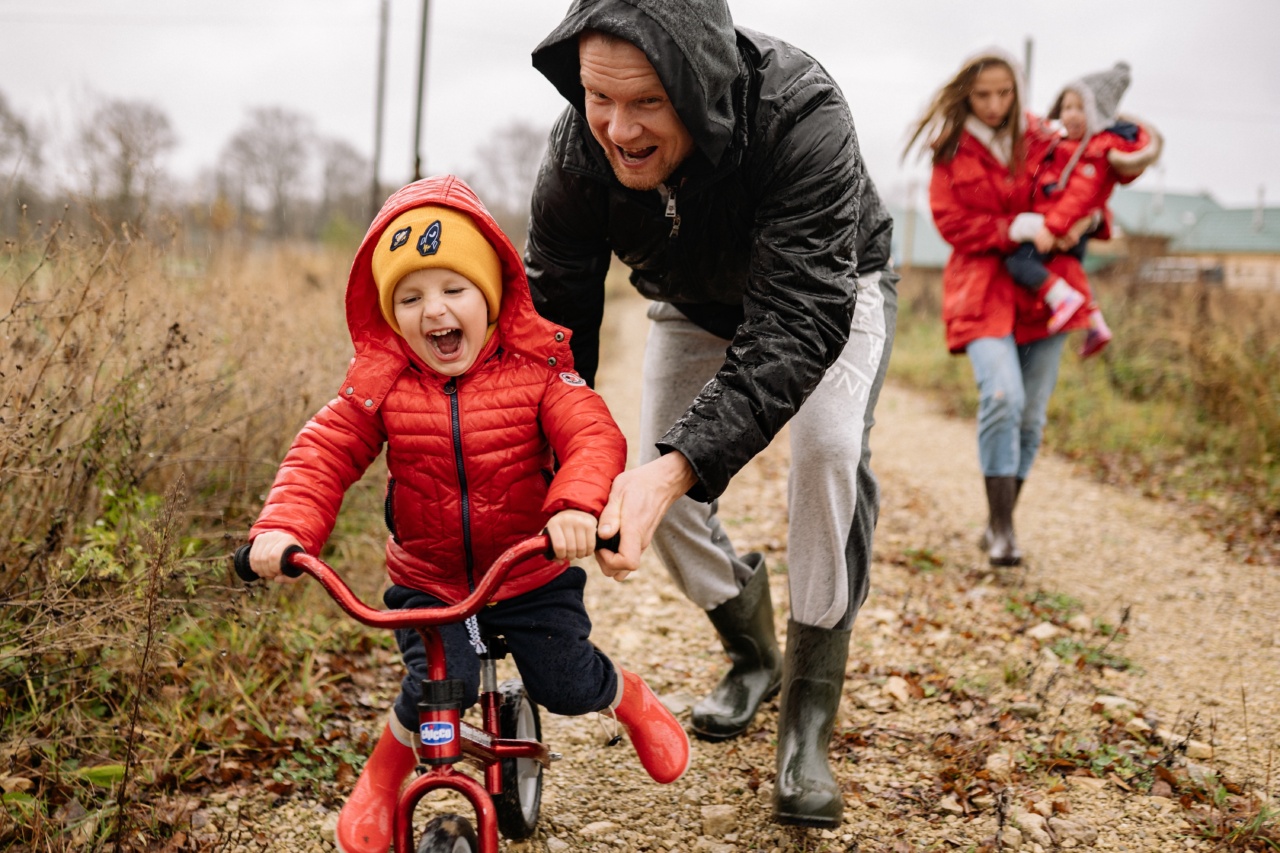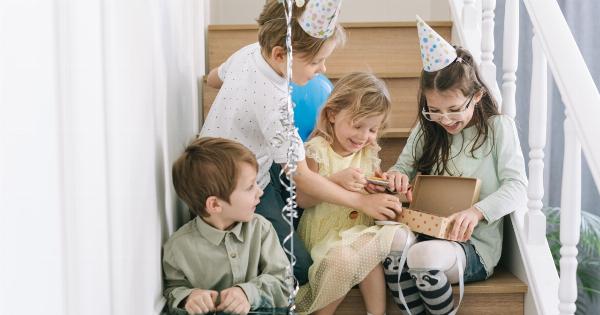Gift-giving is a cherished tradition during special occasions, such as birthdays, holidays, or other celebrations. Children often eagerly anticipate receiving gifts and may have specific expectations in mind.
However, sometimes these expectations are not met, leading to disappointment and potential distress.
The Impact of Disappointment
When children’s gift expectations fall short, it can evoke a range of emotions. They may feel sad, angry, frustrated, or even unappreciated.
Understanding the impact of disappointment on children is crucial for parents and caregivers to support them effectively.
1. Encourage Expressing Feelings
First and foremost, it is essential to create a safe space where children feel comfortable expressing their feelings. Encourage them to talk about their disappointment and validate their emotions.
Let them know it is okay to feel sad or upset when things don’t go as expected.
2. Practice Active Listening
Active listening plays a vital role in helping children process their disappointment. Give them your full attention, maintain eye contact, and show empathy. Reflect back on what they have shared to ensure that they feel heard and understood.
3. Teach Them Perspective Taking
Disappointment often stems from unmet expectations. Help children understand that their expectations may differ from what others can afford, give, or perceive as appropriate. Teaching them to consider other perspectives can foster empathy and resilience.
4. Emphasize Gratitude
Encourage children to focus on the positive aspects of the situation, even if their gift expectations were not met. Help them recognize and appreciate the thought behind the gift or the presence of loved ones during the celebration.
Cultivating an attitude of gratitude can help lessen disappointment.
5. Manage Social Media Influences
In today’s digital age, children may compare their gifts to those showcased on social media platforms. Remind them that not everything they see online reflects reality and that the value of a gift goes beyond material possessions.
Encourage them to appreciate meaningful experiences and the love shared with family and friends.
6. Encourage Problem-Solving
Instead of dwelling on disappointment, guide children towards finding solutions. Encourage them to brainstorm alternative ways to enjoy their gifts or suggest engaging in activities they value.
By focusing on problem-solving, they can learn resilience and adaptability.
7. Teach Delayed Gratification
Helping children understand that not all desires can be instantly fulfilled can contribute to their emotional well-being. By teaching delayed gratification, you can help them develop patience and appreciate the value of working towards goals.
8. Provide Alternatives
If their gift expectations were significantly different from what they received, consider providing alternatives.
For example, if they wanted a specific toy that was not gifted, suggest planning a day out to a theme park or giving them the option to choose a different gift within a specific budget.
9. Focus on Personal Growth
Disappointments can be valuable learning experiences. Encourage children to view these moments as opportunities for personal growth and resilience. Help them identify the lessons learned and how they can handle similar situations in the future.
10. Be a Role Model
Children observe and learn from the adults around them. Displaying resilience, gratitude, and healthy coping mechanisms when faced with disappointment sets a positive example for them.
Be transparent about your own feelings and share how you have managed similar situations in the past.
Conclusion
Gift-related disappointments are natural, and it’s important to help children manage and understand these emotions.
By providing a supportive environment, teaching perspective-taking, and encouraging gratitude and problem-solving, children can learn to cope with disappointment in healthy ways. Remember, the gift of resilience and emotional well-being is far more valuable than any material possession.































